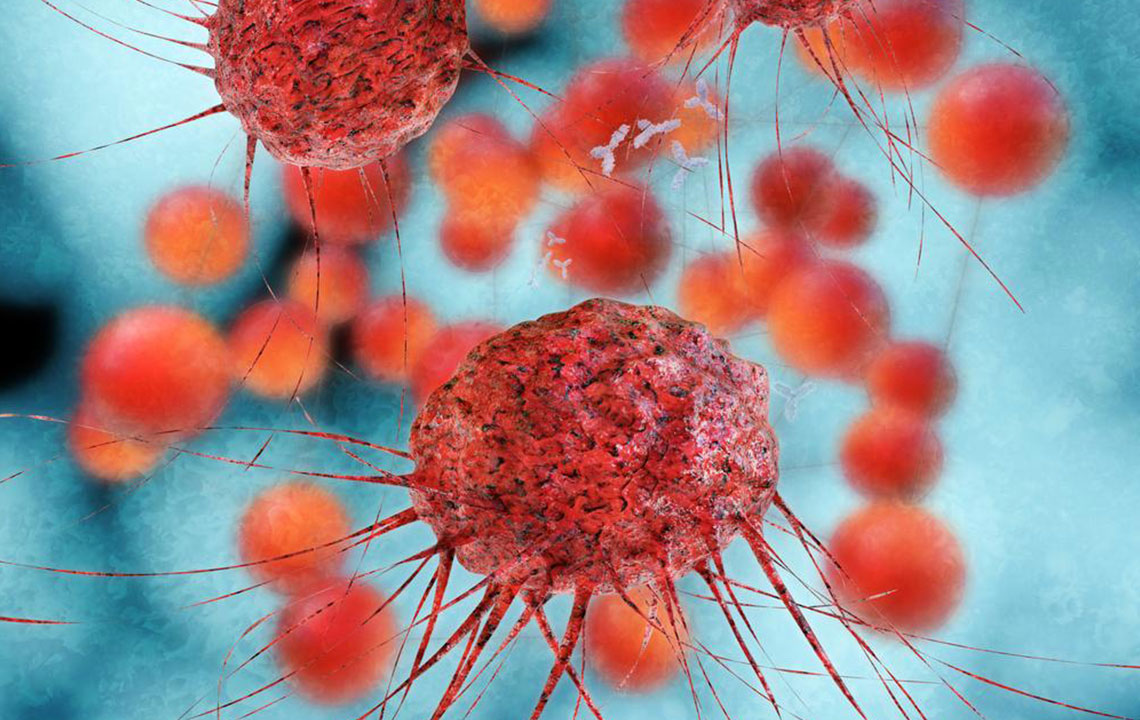Non-Surgical Options for Kidney Cancer Treatment
Explore effective non-surgical treatments for kidney cancer, including radiation, chemotherapy, targeted therapy, and immunotherapy. These options provide alternatives for patients unable or unwilling to undergo surgery, offering hope for better management of RCC.

Non-Surgical Approaches to Kidney Cancer Management
Kidney cancer, medically known as Renal Cell Carcinoma (RCC), often appears in adults and can quickly spread to the lungs and nearby organs. Symptoms like significant weight loss, loss of appetite, blood in urine, and fatigue should prompt medical consultation for early detection. Common risk factors include obesity, high blood pressure, smoking, and family history of RCC. While surgery is a common and effective treatment, several other therapies are available to address RCC.
Radiation Therapy: Suitable for patients unable to undergo surgery, this method employs high-energy radiation beams directed externally to destroy cancer cells and alleviate symptoms.
Chemotherapy: This involves administering anti-cancer medications via IV or orally, which circulate through the bloodstream to target affected organs. However, its effectiveness in RCC is limited, leading to hesitation among patients.
Targeted Therapy: When chemotherapy proves ineffective, targeted drugs are used to inhibit tumor growth by blocking blood vessel formation or key proteins vital for cancer survival. Combining these drugs often yields better outcomes than using them individually.
These targeted treatments aim to kill cancer cells while sparing healthy tissue. Although no single drug offers a definitive cure, combination therapies can improve prognosis.
Immunotherapy: Known as biologic therapy, this approach uses artificially produced cytokines to boost the body's immune response against cancer. Common cytokines include:
Interleukin-2 (IL-2): This IV-administered therapy has been associated with long-lasting responses in some patients.
Interferon-alpha: Administered via subcutaneous injections three times weekly, often in combination with targeted drugs like Bevacizumab (Avastin).
Immunotherapy has a limited capacity to eradicate cancer entirely but can slow progression.
Note: Our blog provides diverse information based on extensive research, but it should not replace professional medical advice. The content aims to inform, and readers are advised to consult healthcare professionals for diagnosis and treatment options. We cannot be held responsible for differences or inaccuracies compared to other sources, nor do we cover all possible therapies or offers available.










